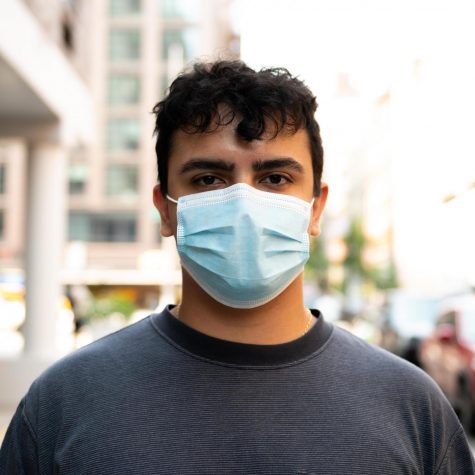The Soapbox: Myanmar, Sudan, Palestine
The Soapbox is a weekly column by WSN’s news desk, examining the major developments in world news and rounding up the stories we think are worth the read this week. Global consciousness for a global university.
The Soapbox is a weekly news column rounding up stories worth reading for a global university. (Staff Illustration by Susan Behrends Valenzuela)
October 29, 2021
In Myanmar, civil war, torture and show trials
Myanmar has spiraled into a civil war following a Feb. 1 military coup that deposed the elected civilian government, according to the U.N. special envoy on Myanmar, as Reuters reported on Oct. 21.
According to a recent U.N. report, the federal military of Myanmar, known as the Tatmadaw, is carrying out counterinsurgency attacks in 12 of the country’s 15 states and territories against ethnic militias that pose the threat of armed resistance to the military. In addition to heavy artillery fire and airstrikes in populated civilian areas, the Tatmadaw is restricting enemies’ access to food, funding, recruitment and intelligence across swaths of Myanmar.
A monthslong Associated Press investigation published Oct. 28 also found that the Tatmadaw is carrying out widespread and systematic torture at black sites, prisons and military camps across the country. According to the Assistance Association for Political Prisoners, which documents human rights abuses in Myanmar, military forces have killed 1,219 people since the February coup, including more than 130 who were tortured to death in Tatmadaw custody.
Meanwhile, the deposed head of the country’s government, Aung San Suu Kyi, testified in her own defense for the first time on Oct. 26, as the independent news outlet Myanmar Now reported. Suu Kyi faces three separate trials on 11 charges leveled against her by the junta — trials which are now being held simultaneously behind closed doors in an ad hoc military court, according to The New York Times.
In Sudan, the rise of another unelected ruler
Sudan’s military seized power in a coup d’etat on Oct. 25, arresting Prime Minister Abdalla Hamdok and members of the democratically elected government, as Reuters first reported.
Before the coup, the Sudanese military and elected civilian government had shared power under a transitional government since 2019, when a popular uprising and coup toppled the dictator Omar al-Bashir who had ruled Sudan under various titles for three decades. But in recent weeks, tensions between the military and civilians escalated once more, with each side accusing the other of derailing Sudan’s progress toward democracy that began during the 2019 revolution.
The military coup led by Gen. Abdel Fattah al-Burhan — now the de facto ruler of Sudan — triggered a swift pro-democracy response among civilians, who flooded the streets of the capital, Khartoum, in protest, promising to continue fighting for the transition to democracy.
“We are revolutionaries, we are free,” the protesters chanted, according to the New York Times. “We will complete the journey.”
Sudanese armed forces have shot dead at least seven demonstrators and wounded dozens more, according to doctors in Khartoum. One surgeon at the Royal Care International Hospital told the Guardian that soldiers threatened healthcare workers with guns, demanding they turn over injured protesters.
“Patients had to hide under their beds and seats,” the surgeon told the Guardian. “Some of the bullets reached the gates of the hospital.”
In occupied Palestine, an offensive against human rights defenders
Six Palestinian human rights organizations have been labeled terrorist groups by the Israeli Defense Ministry, drawing condemnation from government officials and civil society groups around the world.
Israel is accusing the groups of funneling international aid money into the Popular Front for the Liberation of Palestine, a Marxist-Leninist organization with an armed wing that Israel and several of its international allies deem a terrorist group. Israel has so far produced no evidence that the groups are in any way affiliated with the PFLP.
The Palestinian Ministry of Foreign Affairs denounced the decision to brand the organizations — which work with Palestinian children, women, farmers, prisoners and activists to document human rights abuses as well as provide legal counsel and other forms of aid in the Israeli-occupied Palestinian territories — as terrorist groups, calling Israel’s decision an “unhinged assault on Palestinian civil society.”
Amnesty International and Human Rights Watch called the decision “appalling and unjust” in a joint statement. Seventeen U.N. human rights experts signed their own statement on Oct. 25, calling the designation a “misuse of counter-terrorism measures” and “a frontal attack on the Palestinian human rights movement, and on human rights everywhere.”
Contact Suhail Gharaibeh at [email protected].
























































































































































